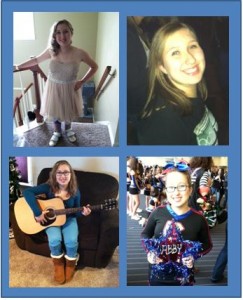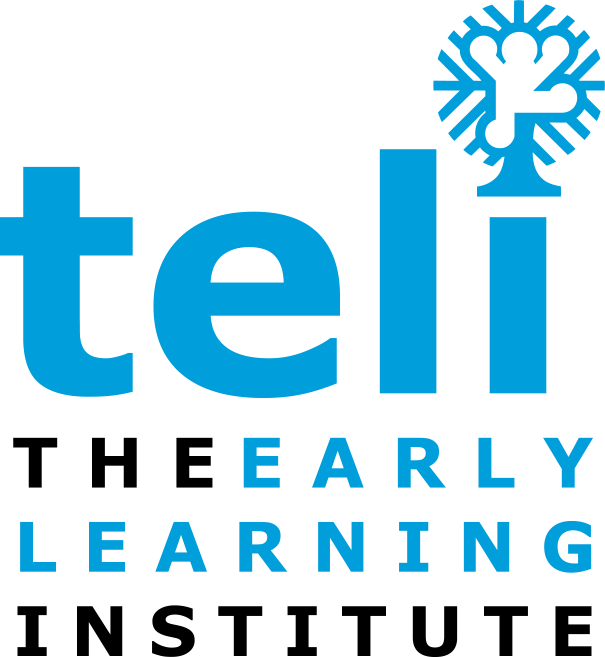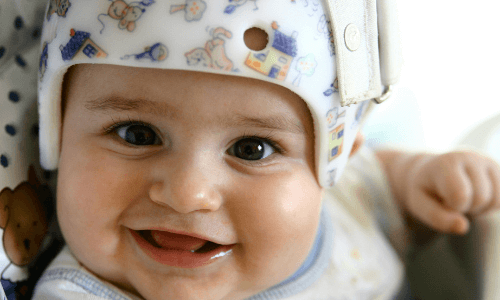What is Spina Bifida?
Spina Bifida, a Latin word which means “split spine,” is a condition that affects infants and occurs in the womb when the spinal column does not close as it should, as part of the infant’s physical development. While there is no known cause for Spina Bifida, there are approximately eight babies born with the defect every day.
The resulting conditions associated with Spina Bifida are dependent on the location of the opening on the spine. The challenges can include problems with walking and moving as well as gastrointestinal disorders and potential for developmental delays.
How is Spina Bifida treated?
The treatment for Spina Bifida varies based on the severity of the condition and could require surgery beginning as early as days after birth through the teen years. In addition to medical care, Early Intervention Therapy is an important component in the treatment of children with Spina Bifida to address potential developmental delays that restricted a child’s movement resulting in difficulty in controlling their bodies.
At teli, over many years of working with children with Spina Bifida, extensive physical therapy and occupational therapy is required to address developmental delays. In conjunction with the necessary medical procedures, providing the necessary Early Intervention resources can make a difference in the child’s ability to achieve developmental goals in their early years on their way to becoming confident young adults.
Can children with Spina Bifida grow up to live full lives?
Learning of the diagnosis of Spina Bifida is understandably emotionally challenging for any parent. However, over many years, teli has worked with many families facing that challenge and helped them begin the journey with Early Intervention to insure the foundation is set for their future as independent adults.
What is teli’s experience in helping children with Spina Bifida achieve their goals?
teli has helped numerous children diagnosed with Spina Bifida to move toward their goals. One particular teli Alumni is a child that has grown to be an amazing and very successful young woman.

Abby was diagnosed at birth with Spina Bifida and underwent numerous surgeries to address her specific issues while receiving Early Intervention Therapy from teli at the early age of one. At the age of three, she enrolled in teli’s Ohio Valley Pre -school location where she continued to work with teli physical therapists and occupational therapists to improve her muscle movement and strength, while preparing academically for Kindergarten.
Today, Abby is a confident 14 year old High School student with a full life that is packed with her passions for music, cheerleading and sports, while maintaining terrific grades in school. Her mother, Melissa reflects on Abby’s journey of determination.” We are so fortunate to live in this area where there are so many resources like teli to support Abby. Abby is involved in all the “normal” things a teenager is involved in such as school clubs, the musicals, and sports. She helps her class mates understand her diagnosis through very frank conversations. They embrace her as “one of the crowd”, and always have.”
What can others learn from children with Spina Bifida managing their disability?
Abby’s sense of confidence has made her an ambassador for children with Spina Bifida, helping children her age look past the braces and the crutches. Two activities that have reinforced her ability to bridge the gap are Pittsburgh Shining Stars Cheerleading and Miracle League of Southwestern PA.
Both of these organizations pair children with a wide range of disabilities with other squads and teams to mentor them through practice and competition. Abby has perfected her skills on the ball field as well as on the floor in cheerleading competitions due to the strong relationships that have been built between the athletes and the helpers. Response has been so strong, that there is a waiting list for mentors to join the Shining Stars! Through these opportunities, Abby has provided an inspiration for other players, both those with and without childhood disabilities.
Abby’s mom provides this advice for parents with children with disabilities, “When you are told all the things you child will never do, keep pushing and find the resources like teli to help your child excel! You may have to work hard to find opportunities that will allow your child shine, but it is so worth the effort!”
How do you get early intervention help?
How do you choose an early intervention provider?


